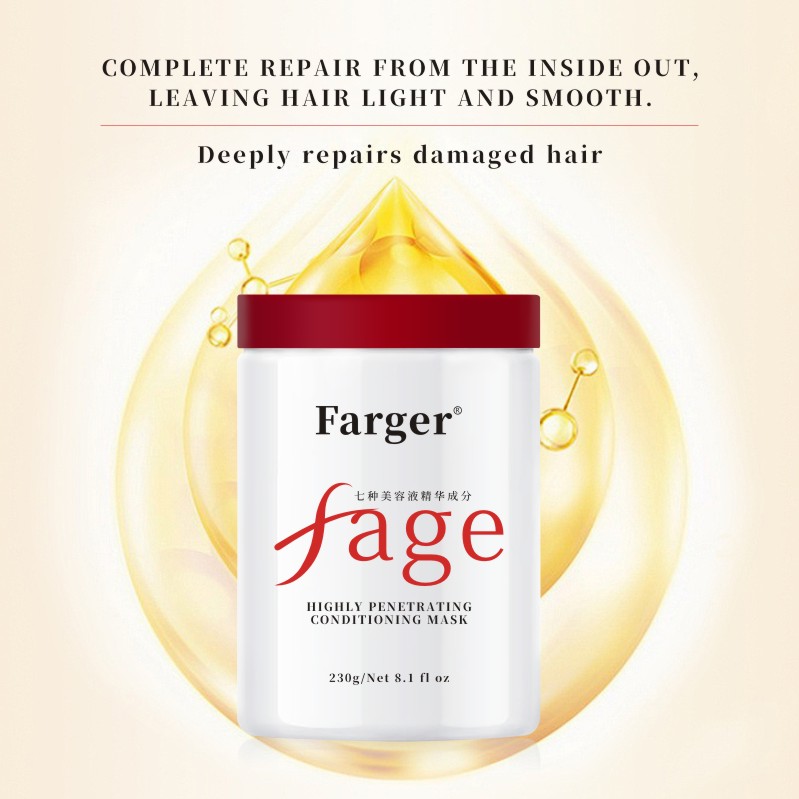Are Sulfates Bad for Hair?
Hair care is a journey, and along the way, sulfates have become a hot topic. Some swear by their cleansing power, while others blame them for dry, brittle hair. Let’s unravel the mystery of sulfates and decide whether they’re friend or foe for your locks.
What Are Sulfates?
Sulfates are chemical compounds derived from sulfuric acid, commonly found in shampoos, body washes, and detergents. They act as surfactants, which means they help create the foamy lather we associate with a thorough clean.
Why Is There a Debate Around Sulfates in Hair Care?
The controversy stems from sulfates’ potential to strip away not just dirt and oil but also the natural moisture your hair needs. While some love the squeaky-clean feel sulfates provide, others believe this comes at the cost of hair health.
What Are Sulfates Made Of?
Most sulfates in shampoos are synthetic compounds created from a reaction between sulfuric acid and lauryl alcohol. The result is a detergent with powerful cleaning properties.
Common Types of Sulfates in Hair Products
Sodium Lauryl Sulfate (SLS)
This is a strong cleanser often found in household cleaning products. While effective, it can be too harsh for sensitive scalps.
Sodium Laureth Sulfate (SLES)
A milder alternative to SLS, SLES is used in many shampoos. However, it’s still a sulfate and shares some of the same drawbacks.
How Do Sulfates Work in Hair Products?
Sulfates bind to oil and dirt, lifting impurities from the scalp and hair strands. Their foaming action ensures an even application, giving you that satisfying lather.
Pros of Using Sulfates in Hair Care
- Effective Cleansing Power
Sulfates are unmatched when it comes to removing dirt, oil, and product buildup. - Affordable and Readily Available
They’re widely used because they’re cheap to produce and deliver consistent results.
Cons of Using Sulfates in Hair Care
- Stripping Natural Oils
Sulfates can over-cleanse, leaving hair dry and brittle by removing natural oils. - Potential for Scalp Irritation
People with sensitive skin may find sulfates cause redness, itching, or flaking.
Hair Types That May Suffer From Sulfates
Dry or Damaged Hair
If your hair is already struggling with moisture retention, sulfates can worsen the problem.
Curly and Textured Hair
These hair types thrive on moisture, which sulfates can strip away, leaving curls frizzy and undefined.
Signs Your Hair May Not Tolerate Sulfates
- Increased dryness and breakage
- A tight, itchy scalp after washing
- Dullness or lack of shine
Benefits of Sulfate-Free Shampoos
Sulfate-free options gently cleanse without disrupting your hair’s natural balance. They’re especially beneficial for color-treated, curly, or dry hair.
Popular Ingredients in Sulfate-Free Products
- Coconut-Based Cleansers
These mild surfactants effectively clean without harshness. - Aloe Vera and Botanical Extracts
Soothing and nourishing, these ingredients enhance hair health.
Steps for a Smooth Transition to Sulfate-Free Products
- Gradual Introduction
Switch to a sulfate-free shampoo one or two washes per week. - Using Clarifying Treatments Sparingly
Occasionally use a clarifying product to remove buildup.
Are Sulfates Really Bad for Everyone?
The truth is, sulfates aren’t inherently evil. They’re effective for certain hair types and needs but can be too harsh for others. Choosing what’s right for you depends on your hair’s unique requirements.
FAQs
1. What Are Sulfates in Hair Products?
Sulfates are cleaning agents that help remove oil, dirt, and buildup from hair.
2. How Can I Tell if My Shampoo Has Sulfates?
Check the ingredient list for terms like Sodium Lauryl Sulfate (SLS) or Sodium Laureth Sulfate (SLES).
3. Are Sulfates Safe for Color-Treated Hair?
Sulfates can strip color faster, so sulfate-free options are recommended for dyed hair.
4. What Are the Best Sulfate-Free Shampoos?
Look for brands that highlight gentle, natural ingredients like coconut cleansers or aloe vera.
5. How Do Sulfates Affect Curly Hair?
Sulfates can dehydrate curly hair, leading to frizz and loss of definition.

